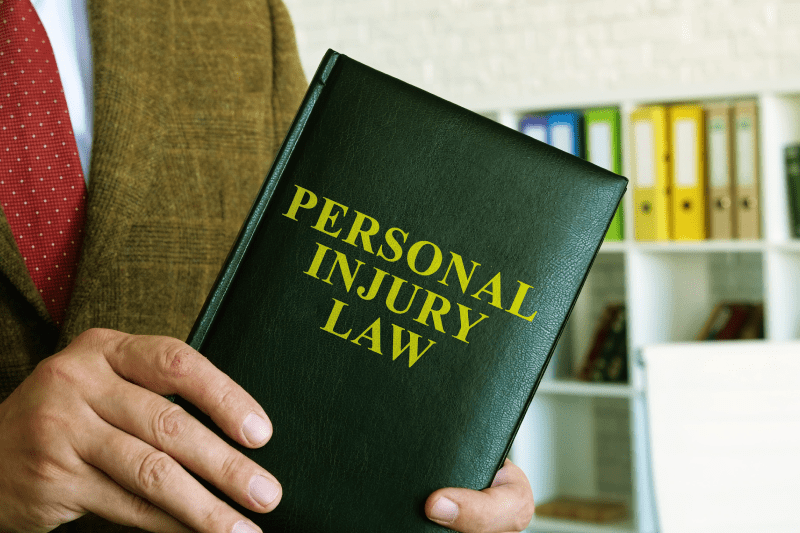Spam texts and robocalls are daily nuisances for many Americans. The Telephone Consumer Protection Act (TCPA) is there to protect consumers against the irritation and possible loss that these unsolicited communications can cause. Any individual who deals with spam texts or calls regularly has the right to take legal action and possibly win financial compensation – up to $1,500 per message in some cases.
Spam calls and messages usually fall into one of two categories. The first is simple spam, where legitimate companies contact you as a way to sell you their products. Annoying as these may be, they are not usually intended only to make a sale, not to cause any harm. On the other hand, some spam messages may come from scammers – criminals who are looking for ways to hack your mobile device and gain access to your banking details or other personal information. In either case, you can take action. Just as spam can be either benign or malicious in intent, it can also potentially lead to either civil or criminal legal cases.
For TCPA, What Are The Differences Between Civil Versus Criminal Cases?
Under the protection of the TCPA, you could pursue either a civil or criminal case against a spammer. How do we know which one your case actually merits? Here are the main differences:
Civil cases are predominantly concerned with economic harm against a person, for which the plaintiff is entitled to seek financial compensation. Financial damages must be provable and quantifiable, and these cases can be settled either in court or through out-of-court negotiations.
Criminal cases involve clear violations of the law and involve arrests made by local or federal law enforcement. The main goal in these cases is to convict the perpetrator, rather than sue for compensation, even though there are usually victims involved who have suffered some kind of economic harm.
What Evidence Is Required To Pursue A TCPA Case?
If you wish to pursue legal action against spammers, you need to make sure that you have collected the right evidence. Before contacting a lawyer, you should create a log of the messages and calls you receive, clearly indicating the dates and times the communications were received, as well as the numbers from which they were sent. You should also keep copies of every message – if you wish to delete them, first take screenshots. The name, address and other details of the sender are also important.
Should I Save Screenshots and Messages from Scammers?
Screenshots are a reliable means of documenting spam messages. All you have to do is use the screenshot function on your phone to create a photo of the message, which can then be saved to the device’s picture gallery. The message itself, as well as the details of the sender, should be clearly visible.
Is There Legal Support To Protect From Scammers?
If you are tired of being targeted by spammers or have suffered as a result of a scam, first make sure you have recorded all the necessary information. Then seek the help of an experienced TCPA lawyer. Contact Shamis & Gentile and book a free consultation with one of our lawyers.




